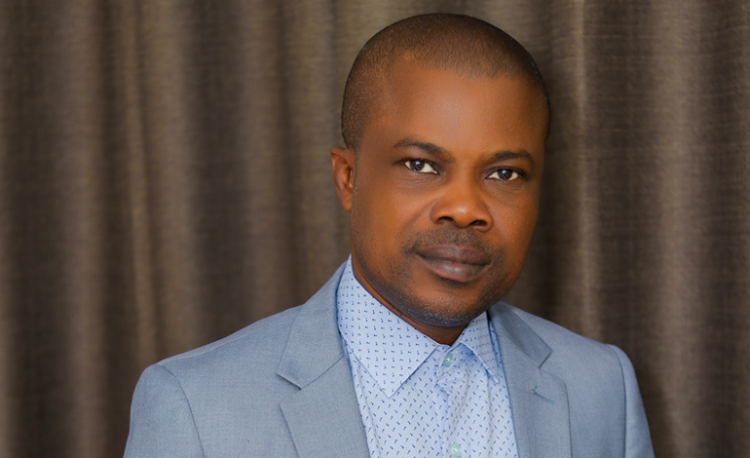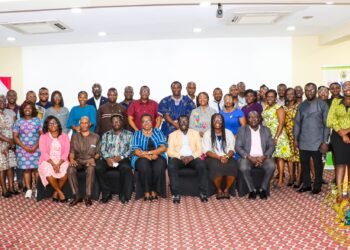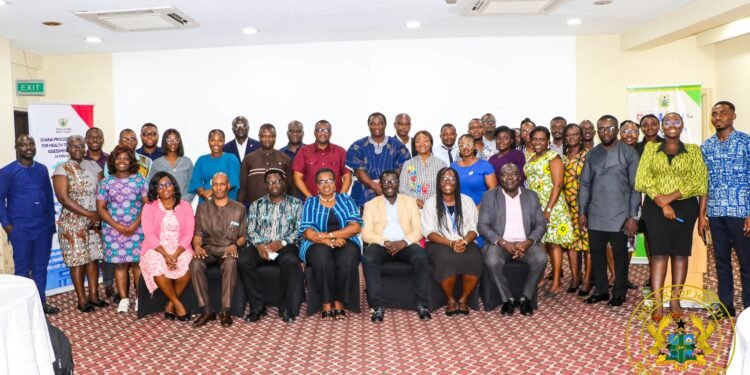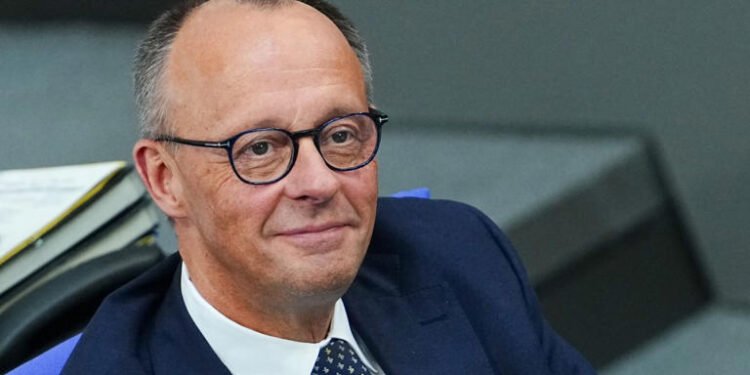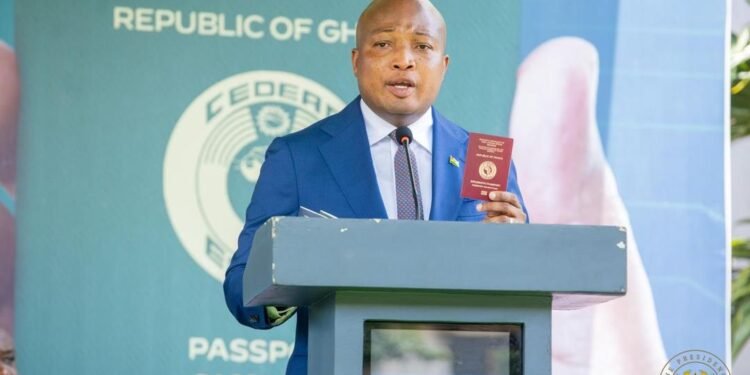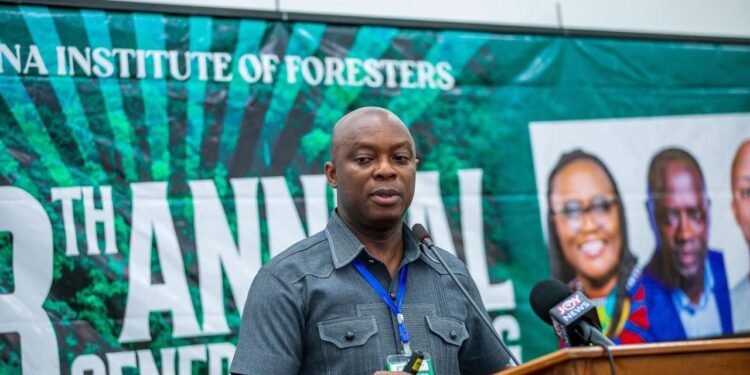Security Consultant and former Intelligence Officer of the Bureau of National Investigations (BNI), now the National Intelligence Bureau (NIB), Richard Kumadoe, has dismissed claims that the absence of a substantive Defence Minister caused the tragic stampede at the El-Wak Sports Stadium during the Ghana Armed Forces recruitment exercise.
The incident, which led to the death of six young women and left several others injured, has sparked widespread debate about leadership, planning, and accountability within the country’s security sector.
Speaking on the issue, Mr. Kumadoe emphasized that while the Defence Ministry has been without a substantive minister for nearly three months following the death of the late minister in the August 6 helicopter crash, the tragedy had little to do with political leadership.
He explained that such recruitment exercises are primarily operational in nature and fall under the responsibility of the military’s top hierarchy, not political appointees.
“If you look at this issue as an event, I believe the Acting Minister of Defence is aware and would have provided whatever responsibility comes under his desk. But the bigger question we must ask in a democracy is: what is the role of our deputy ministers and vice presidents in governance?
“If we want to enhance our democracy and open up frontiers for innovation and productivity, we need to ask and answer these questions critically.”
Richard Kumadoe, Security Consultant and former Intelligence Officer
He further explained that decisions concerning the army are often made collectively at the cabinet level, meaning the absence of a substantive minister would not necessarily have changed the outcome of the event.

“Whether you have a substantive minister or not, it still goes to cabinet as a team. The day-to-day activities are performed by the Chief of Defence Staff because he is the number one soldier in the country”.
Richard Kumadoe, Security Consultant and former Intelligence Officer
Mr. Kumadoe stressed that operational oversight lies with the professional heads of the various security institutions — the CDS for the army, the IGP for the police, and the Director of NIB for intelligence.
“Politics plays very little role when it comes to some of these matters unless there’s a need for commitment, money, or resources from the political leadership. Other than that, these are purely operational issues and we might not even need politicians”.
Richard Kumadoe, Security Consultant and former Intelligence Officer
He, however, acknowledged the importance of promptly filling vacant positions to prevent possible administrative lapses but reiterated that “this particular incident has nothing to do with political leadership. It has everything to do with a military procedure that did not give us the right result.”

Democracy and Governance Risk
Touching on suggestions that the announcement of plans to recruit 12,000 people into the Ghana Armed Forces may have contributed to the massive turnout and ensuing chaos, Mr. Kumadoe pointed to what he described as a “democracy and governance risk” stemming from poor political communication.
“Recruitment into the Ghana Armed Forces is solely the responsibility of the military, and I don’t think politicians should be speaking about it.
“But we live in a country where politicians mount platforms and claim they’ve sent this number of people into the police or military as a political achievement. These are the resultant outcomes you get as a result of that.”
Richard Kumadoe, Security Consultant and former Intelligence Officer
He, however, maintained that the military has the institutional capacity to handle large recruitment numbers and should have planned better to avoid such a disaster.
“This shouldn’t be a test; they must fail. They have to learn from it and review the procedures as quickly as possible. That will make their recruitment structure more creative, innovative, and strategic. They can benchmark their internal processes and even study the British system to see what works best.”
Richard Kumadoe, Security Consultant and former Intelligence Officer
Mr. Kumadoe also expressed concern about the recurring inefficiencies in recruitment processes across Ghana’s security agencies, which he said often burden applicants and their families financially.
“For many years, I have been on a crusade that if 10,000 people applied last year and only a few were selected, why are we not writing to the others to reapply when new opportunities arise? Particularly when applicants pay registration fees, it is unfair to overlook them and ask new applicants to pay again.”
Richard Kumadoe, Security Consultant and former Intelligence Officer
He argued that the current system imposes unnecessary financial strain on applicants who must pay separately to apply for positions across different agencies such as the army, police, fire service, and prisons.
“It’s not like you pay 200 cedis that allows you to apply for all the security agencies. The army takes money, the prison takes money, the police take money. It’s becoming a burden on some parents, and we need to look at it critically.”
Richard Kumadoe, Security Consultant and former Intelligence Officer
The consultant’s comments come amid growing national concern following the tragic stampede at El-Wak. President John Dramani Mahama has since ordered the immediate suspension of the ongoing recruitment exercise in the Greater Accra Region after visiting the 37 Military Hospital to check on the injured victims.
The Acting Defence Minister, Dr. Cassiel Ato Forson, has also set up an investigative board to review the circumstances surrounding the incident and recommend preventive measures.
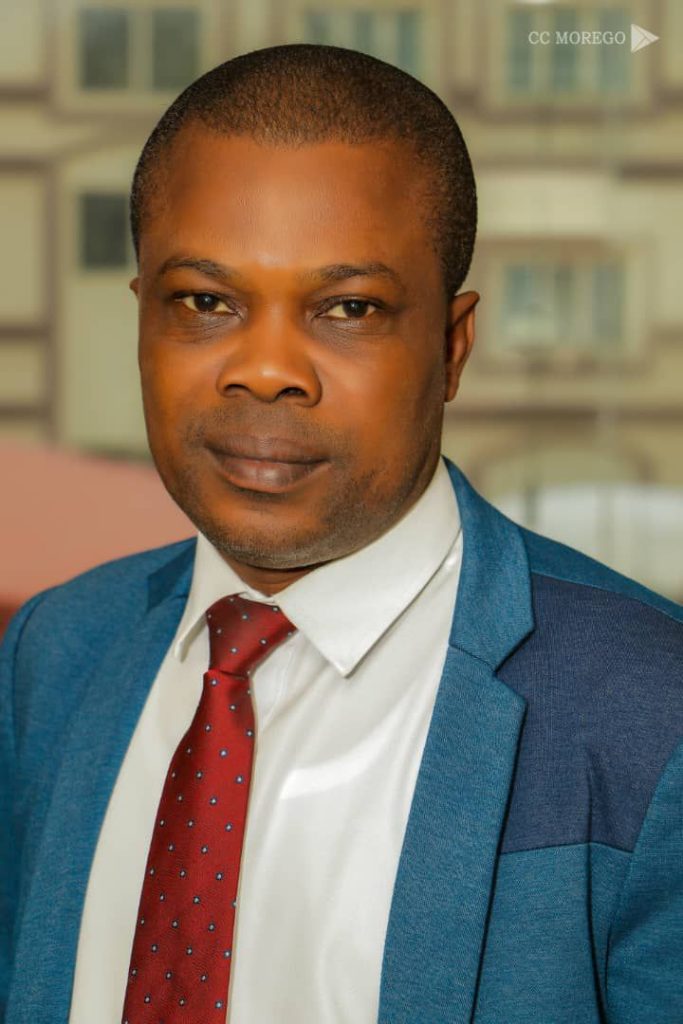
The Ghana Armed Forces attributed the deadly incident to overcrowding caused by an overwhelming number of applicants who gathered at the stadium for physical screening. The stampede left six young women dead and several others injured, sparking widespread calls for accountability and reform.
As the investigation continues, security experts like Mr. Kumadoe insist that the tragedy underscores the need for institutional review and improved management of recruitment exercises across all security agencies.
The government has pledged to support the families of the deceased and victims while assuring the public of measures to make future recruitment processes safer, more transparent, and better coordinated.
READ ALSO: S&P Global Expects the 2026 Budget to Strengthen Fiscal Improvements

